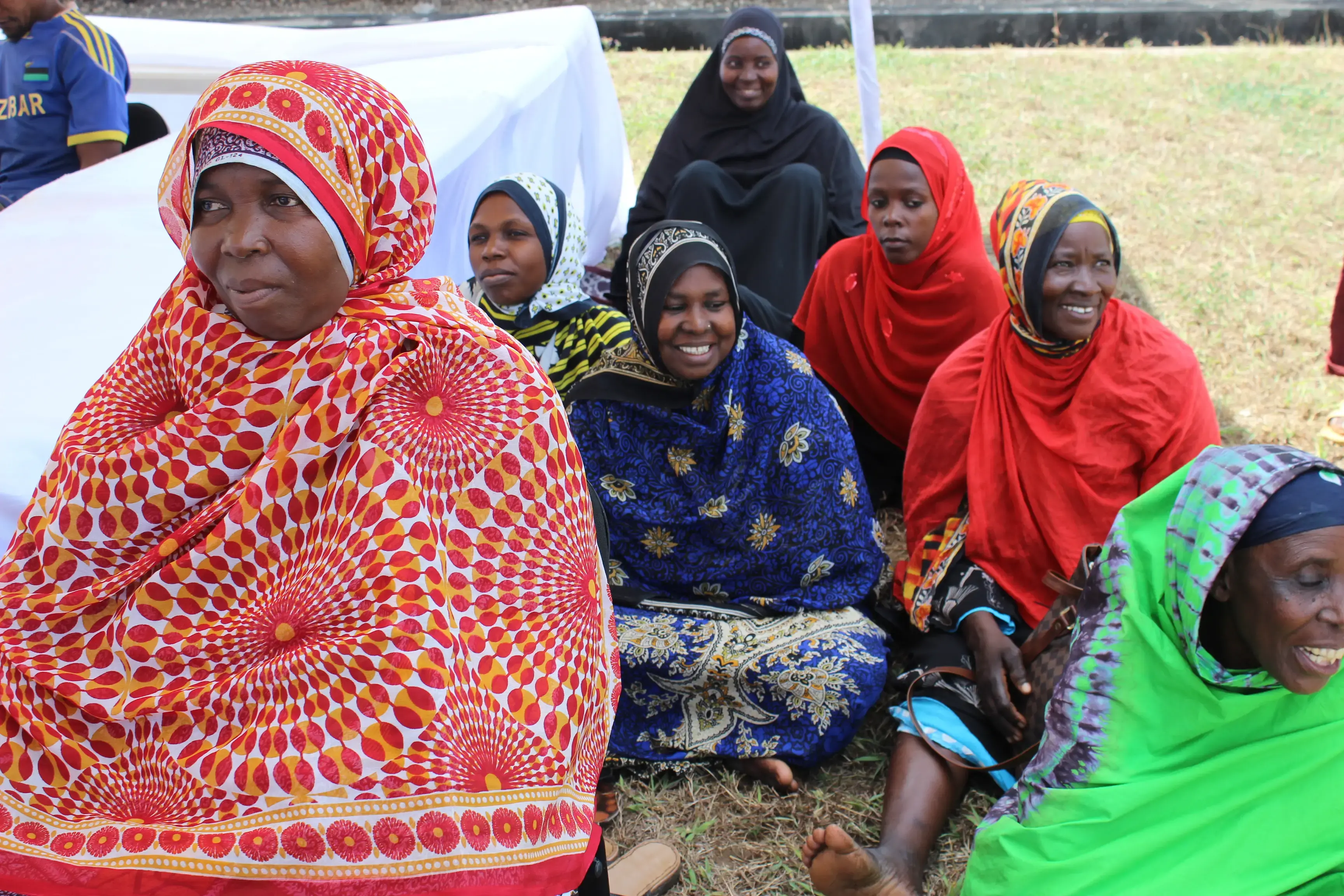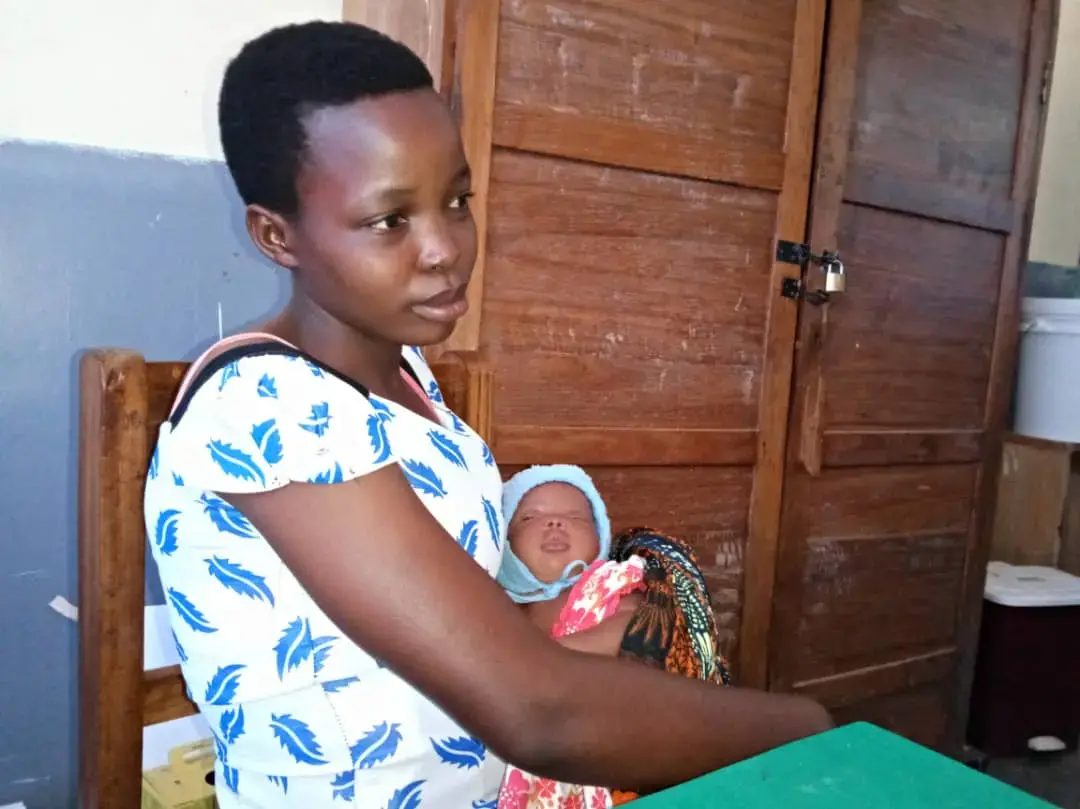On 13th April 2019, UNFPA Tanzania, in partnership with Sahara Ventures, launched the second round of the Innovation Accelerator, dubbed “AMUA”. Young people across Tanzania face particular challenges when it comes to realizing their sexual and reproductive health and rights (SRHR) and the Innovation Accelerator Project explores innovative approaches to tackle their pressing sexual and reproductive health (SRH) needs. The Project promotes social entrepreneurship among this group through mentorship, seed funding, training and skills development, empowering young people to find solutions to their own problems – solutions by young people, for young people.
UNFPA partnered with Sahara Ventures to implement the first round of the Innovation Accelerator, geared to generate innovative solutions to the SRH-related challenges of young people in Tanzania, focusing on teenage pregnancy. Four start-ups received technical support and seed funding to launch their products on the market. These products have reached thousands of youth across Tanzania through digital engagements and the products and services they are currently producing and offering, while the innovators have become leaders and SRH champions in their own communities, supporting youth to be informed about their SRH and to navigate their way successfully through adolescence to adulthood.
Amua Accelerator II focuses on identifying, accelerating and scaling up innovative inclusive solutions to address the SRH challenges of young people living with a disability. People with disabilities (PWD) are among the most marginalized in society, confronted with challenges on a daily basis. Data from the National Disability Survey of 2008, implemented by the National Bureau of Statistics, indicate that 3.2 million Tanzanians (7.8 per cent) aged seven years and above have some form of disability and up to 5.4 million (13.2 per cent) are affected by a disability.
The Government of the United Republic of Tanzania is committed to the full inclusion of PWD in the country’s development agenda. While remarkable gains have been made in advancing the global reproductive rights movement in the 25 years since the International Conference on Population and Development (ICPD) in Cairo, PWD are among those still not enjoying these rights; all too often marginalized by SRH programmes that continue to leave them behind. And for women and young people with a disability in particular this can have a catastrophic effect on their lives; heightening their vulnerability to unintended pregnancies, sexually transmitted infections, sexual abuse, and undiagnosed and untreated illnesses.
Advancing the ICPD agenda is an indispensable part of realizing Agenda 2030, and the challenges that young people living with a disability face in realizing their SRHR must be overcome. As UNFPA marks its 50th anniversary, it recommits to fulfil the Cairo Promise and is supporting government to accelerate efforts to deliver on the promise to ensure universal rights and choices for all – no exceptions.





